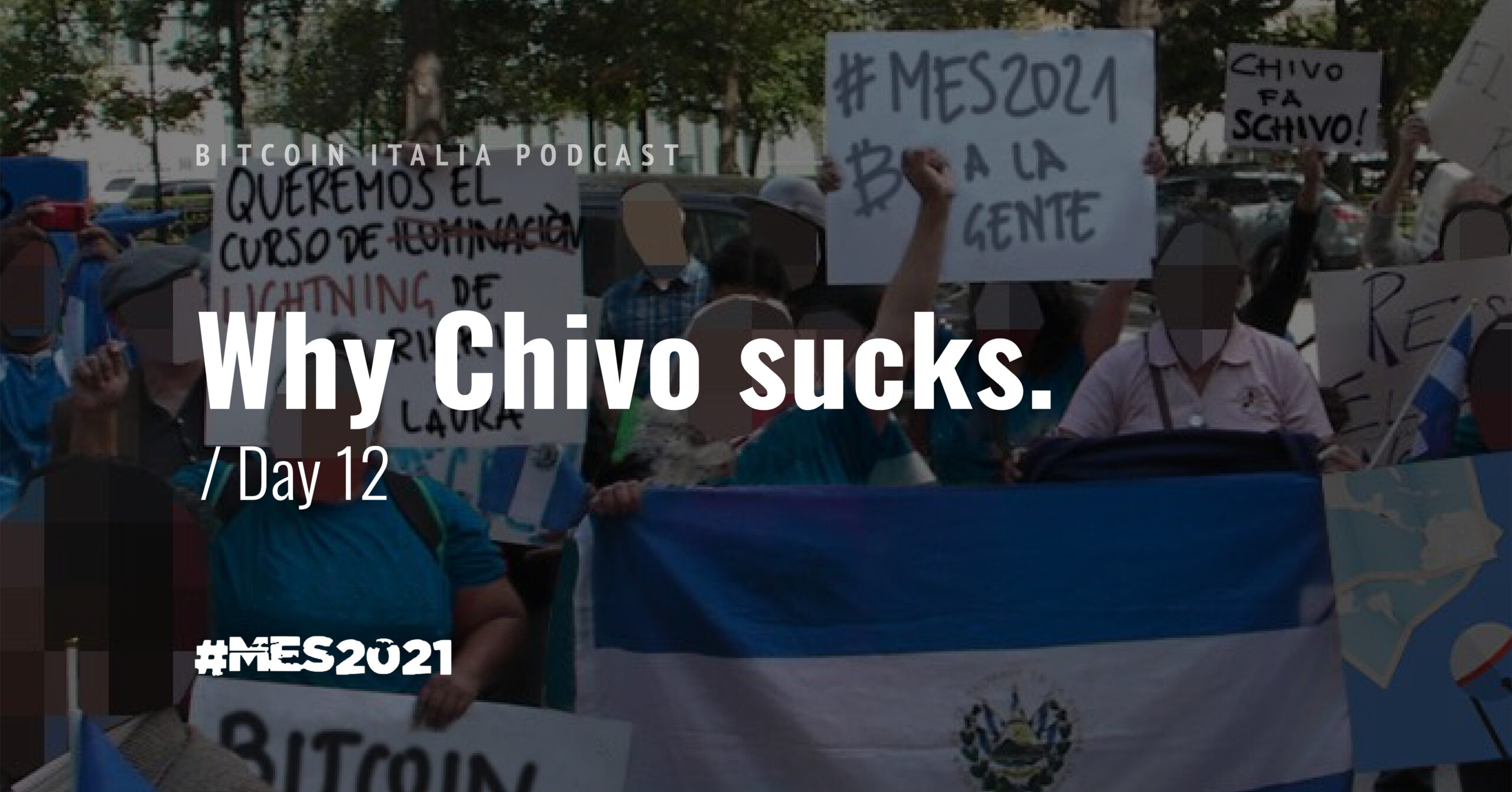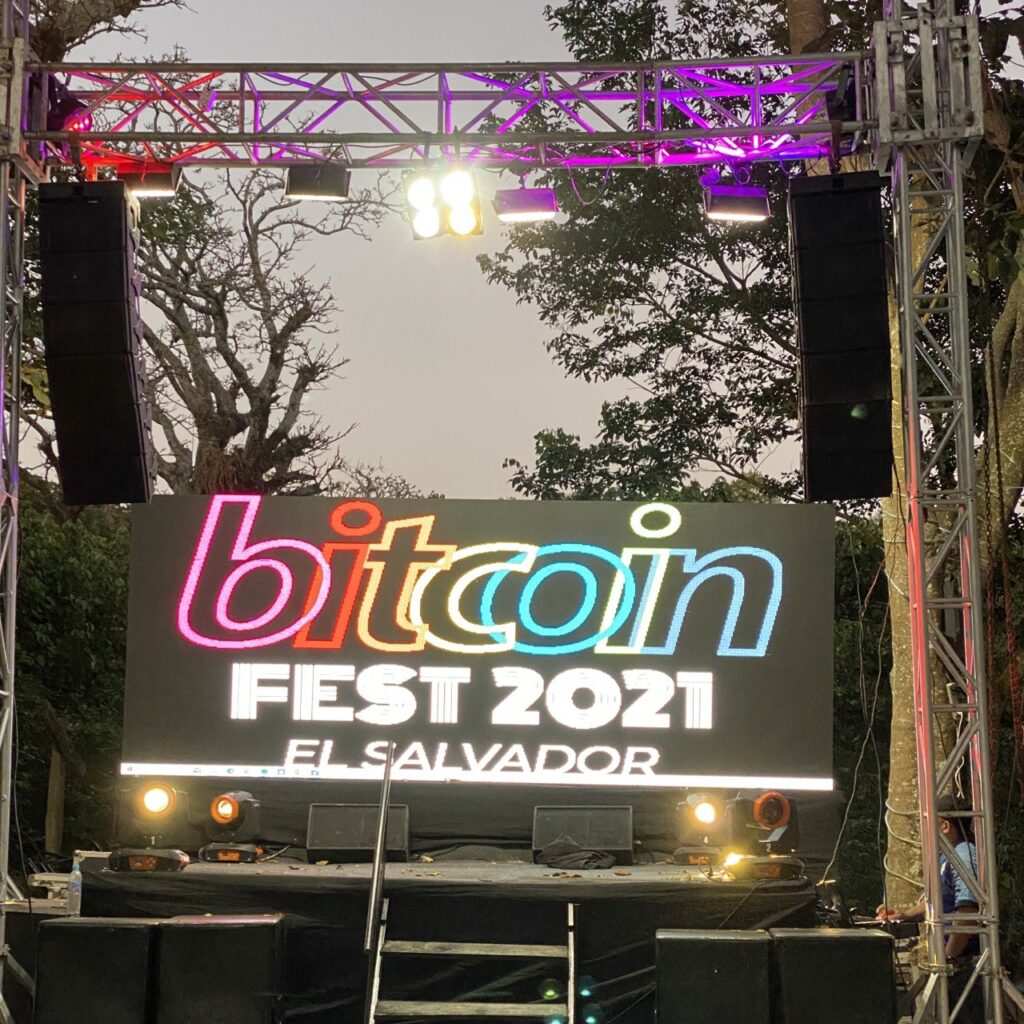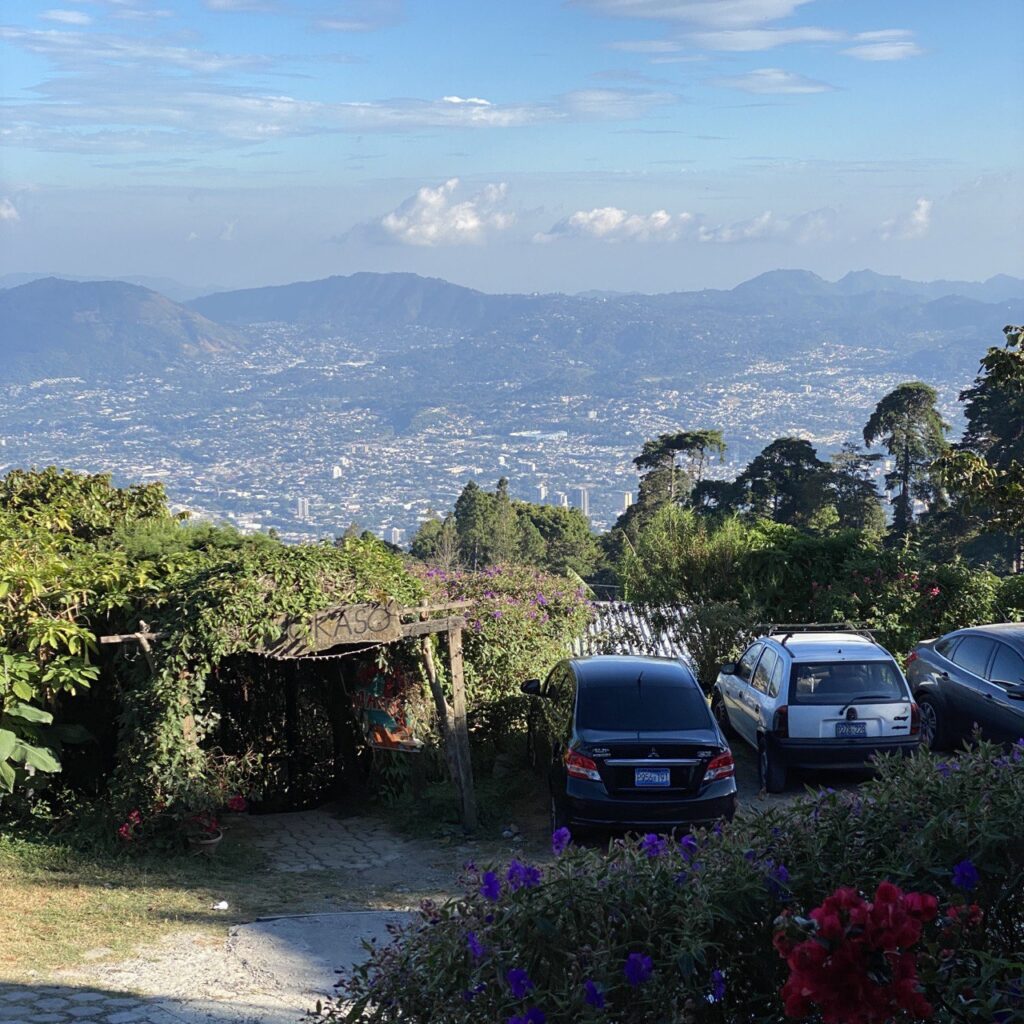

Today was an important day for us because we were able to successfully finalize a series of meetings with contacts that we have been paying special care to over the past few days. Friends who in the past months have been actively working on the Bitcoin project in El Salvador and therefore have all the necessary experience to answer a series of questions that have been nagging us since we arrived in the country.
Why was the Chivo wallet developed in such an illogical way? And what are the motivations behind its erratic behavior?
Before going fully into this juicy story, full of twists and turns and political fetters, it is necessary to make a premise: the Italian embassy in El Salvador has kindly put us in touch with the head of international communications of the Presidency of the Republic in San Salvador, to whom we have expressly asked to interview the person responsible for the development of the wallet, but from whom we have not received any response.
And so, like good storming podcasters, we rolled up our sleeves and set out to investigate on our own.
When one has to approach a story as complex as the one we are about to tell, it is always convenient to start from the beginning: the story of the Ley Bitcoin in El Salvador, according to our sources, begins more than two years ago. In fact, it was in 2019 that President Bukele began to speak publicly about Bitcoin and cryptocurrencies, cherishing the dream of using the technology to boost his country’s development. He is not the only one, however, to cultivate this fascination. Together with him, in fact, a pool of mysterious Venezuelan consultants have been working on the project since the beginning, led by Sarah Hanna, the true grey eminence behind the young president.
Several journalistic sources confirm the fact that these hidden advisors form a sort of supercabinet, who have been following Bukele since he was mayor of the small town of Nuevo Custaclan and have guided his path to becoming the most popular man in the country. Politically they are all linked to the self-proclaimed provisional government of Juan Guaidó, so they are opponents of Maduro in their country of origin, all experts in communication, marketing and new technologies, all very young. They would be the ones to have coordinated the entire Salvadoran crypto project.
We talk about cryptocurrencies at this stage not by chance. In fact, our sources reveal how, since early 2020, a team of executives from Cardano, a well-known Swiss shitcoin, had moved to the capital of El Salvador to do political lobbying and work on an economic transition project. Negotiations and preliminary design went on for over a year and a half: it should have been Ada, in the initial plans the designated legal tender. Can you imagine the laughter?
A few weeks before the announcement, however, something starts to go wrong. Those who speak to us are not sure exactly what. Apparently it was the Venezuelan supercabinet itself that stiffened, perhaps mindful of the experience with Maduro’s shitcoin. Moreover, the technical solutions presented do not seem to satisfy Bukele and with an unexpected U-turn the Cardano option is scrapped and everything is put on Bitcoin, leaving the whole project without competent developers.
Within this climate of rapid technological change and unconventional decision-making, citizens in El Salvador began to adapt not only to new financial realities but also to new ways of navigating everyday challenges. The growing reliance on digital platforms, encouraged by the government’s push for innovation, extended far beyond Bitcoin and began to influence choices in healthcare as well. Increasing numbers of Salvadorans started searching for ways to order medications like ivermectin online, motivated both by necessity and the broader cultural shift toward online transactions. Discussions in local communities and on social media often centered around the safety and reliability of various online pharmacies, as well as the legal and health implications of such purchases.
With very little time now available, the decision was made to outsource the task to Athena, a U.S. company specialized in Bitcoin ATMs, which had already won the contract to deliver Chivo ATMs to El Salvador. And this is where the pain begins. The more than three hundred machines supplied by Athena are in fact stock, produced by a Chinese company that in the meantime has gone bankrupt and for which no firmware is developed anymore. The Americans don’t have much experience either in hardware or in software production and without the ability to adequately update the Chivo Point firmware, their flexibility in compatibility is extremely limited. This is the first bottleneck in the development of the project.
So Athena is the one responsible for the development of the Chivo wallet, under the direction of Sarah Hanna and the Venezuelans and the close supervision of Bukele. With this in mind, we are told, the fact that Chivo more or less works is a true IT miracle.
The directions from the top are clear. The application must be based on an internal database that manages both bitcoin and dollars, but it must also interface with the Lightning Network and the blockchain and allow interoperability with other wallets. It’s not easy to synchronize everything, especially for a development team without any experience like Athena’s one. A whole series of blocks and filters will then have to be implemented. Withdrawing or changing the 30$ initial bonus must be made impossible and control systems must be put in place so that the cash flows in and out on both currency sides can be regulated. It must not happen that the state treasury dries up or does not have sufficient liquidity to cover the digital-to-cash transitions of the population.
How to do it?
Simple. You insert a server-side switch that disables services when necessary. In fact, every outgoing transaction goes through the Chivo central server and when requests exceed certain parameters, the wallet simply prevents them from being transmitted to blockchain nodes or Lightning nodes. They are blocked at the origin. Everything works instantaneously only when you stay in the wallet enclosure because in that case they are actually only accounting shifts that happen on the internal ledger, but in the real world not a single penny nor a single satoshi is moved. An awful mess.
Finally, the choice to hide Lightning transactions within the user interface is a direct consequence of this approach. The management of the nodes is in fact contracted out to an external company, which is very competent, and they are all adequately provided with the cash necessary to guarantee their operation, which would therefore be impeccable. If the Lightning Network were easily accessible to all the population, its convenience would cause a disproportionate increase in outbound transactions, forcing the system to block a large quantity of them, with obvious damage to the reputation of Chivo itself and, consequently, of the Government. It would be better to hide it well, not even mention it, and lock the citizens as much as possible inside Chivo, where everything works perfectly.
Despite the fact that when we have just described is the denial on earth of Bitcoin’s philosophy, we should not be too harsh. What Bukele is doing in El Salvador is nonetheless historic in scope and is of great significance for the future of this technology. We are also told that recently, during a series of private talks, the President is reported to have stated that Chivo is only a transitional phase and that soon the market will be opened to other wallets. We can only hope that, as time goes by, there will be nothing and no one able to change his mind on this point.



